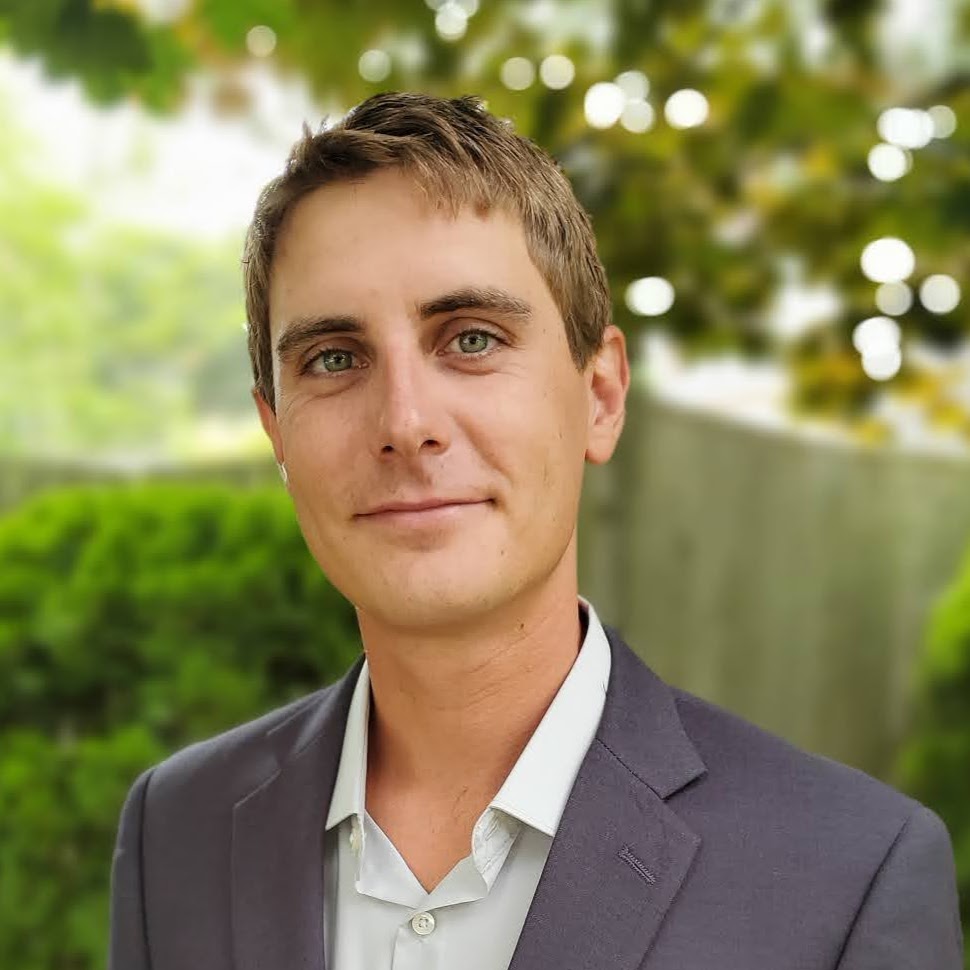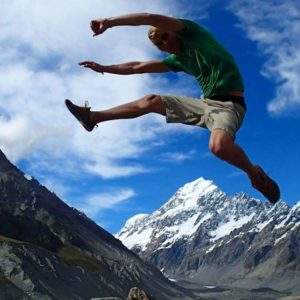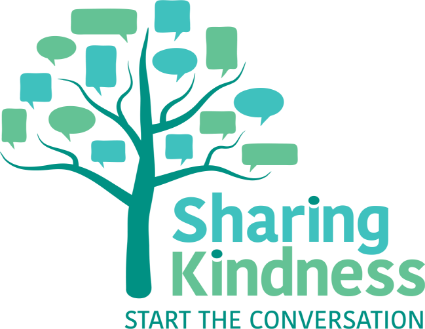Volunteer Spotlight: Q&A with Nick Abbott

Nick Abbott is a Sharing Kindness volunteer who was recently trained to co-facilitate our peer grief support groups. This year, he led one of the top fundraising teams for the Cape & Islands Suicide Awareness Walk.
Q: What brought you to Sharing Kindness?
Like many, my path to Sharing Kindness was anything but linear.
I was presented with death, grief and tragedy at a young age and periodically throughout my adult life — suicide, cancer, drunk driving, drug use, just to name a few. As I got older, I figured I was managing my past traumas effectively — but it wasn’t until a moment of clarity came when my partner asked why I often seem so distant. I began to look within and noticed I had years of creating personally destructive patterns. I thought about therapy and counseling before, but finally I decided I won’t let any more time go by.
A friend of mine recently died from breast cancer at the age of 31. She taught me that life can be short, so do everything you can to make the most of it. Healing myself seemed to be the natural starting place, and I’m very grateful that Sharing Kindness was there to help through Good Mourning,* a monthly peer grief support group for young adults.
*Good Mourning has since been replaced by Sharing Kindness’ Young Adult Grief Group.
Q: Describe your involvement with this year’s Cape & Islands Suicide Awareness Walk.
I became aware of the Cape & Islands Suicide Awareness Walk after one of the Sharing Kindness peer grief support meetings. Another [group] member mentioned the walk, what it was about and some of the history behind Sharing Kindness. Since I have personally been affected by suicide, I decided to create a team and ask my employer (My Generation Energy) if they would like to sponsor the event. I also reached out to friends and family as well as posting on Facebook. I was aiming to raise $250 but ended up raising close to $1000! If I had known more than a month in advance I would have opted to volunteer, but there is always next year.
 Q: Why did you decide to become trained as a volunteer co-facilitator? How do you think peer grief support programs fill a need in this community?
Q: Why did you decide to become trained as a volunteer co-facilitator? How do you think peer grief support programs fill a need in this community?
I believe the connection between physical health and mental health has become more clear than it ever has been. Unlike physical health, the condition of poor mental health can often be overlooked, both internally and externally. Combined with this, most people struggle with simply identifying the root cause of the problem. I believe that many of the mental health issues we are seeing today stem from unacknowledged past trauma and grief.
Although this is not a [female or male]-dominated topic (trauma does not differentiate), we all know that men tend to be far more emotionally unavailable. I believe this not only because I have witnessed it, but because I have also put myself in that situation. Being a man who has started to dig deeper into past trauma, I believe that I have a certain perspective — and relatable background — that could help show others that it’s okay to not be okay.
I believe support groups like ones offered by Sharing Kindness can help fill a huge void for many people. I think in coming together to collectively discuss our stories, we can accomplish many goals — especially in such divisive times. Not only can we begin to work through personal trauma, but we can also be reminded: this little place called Cape Cod is full of friendly faces made up of many who are willing to help each other out.

